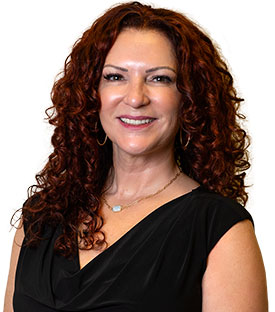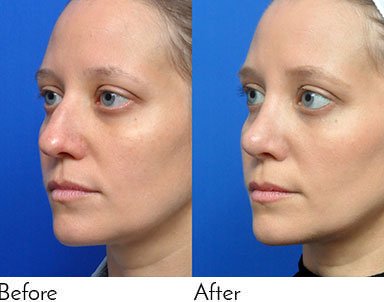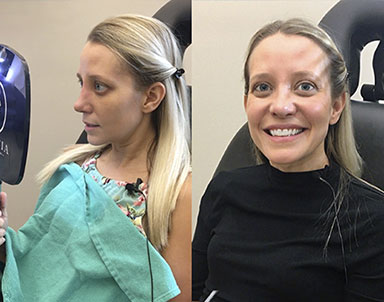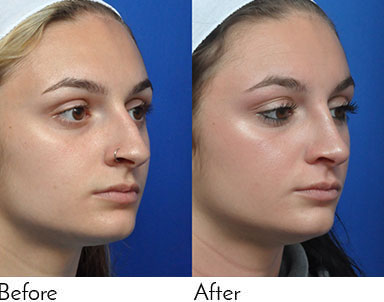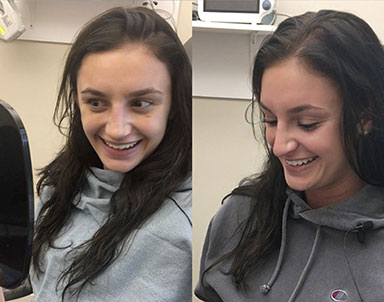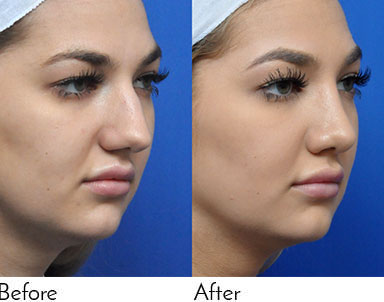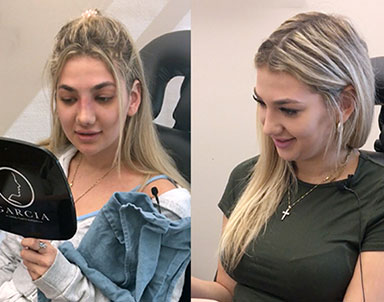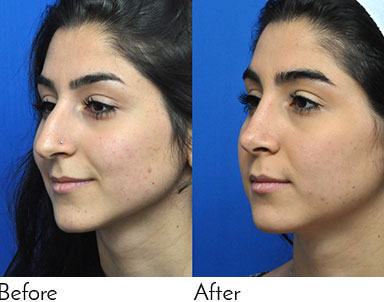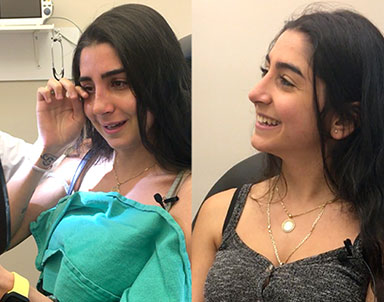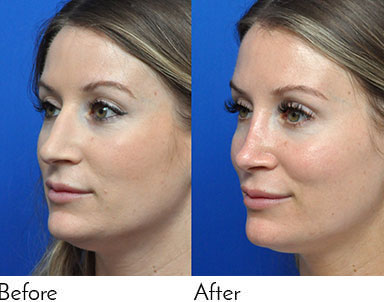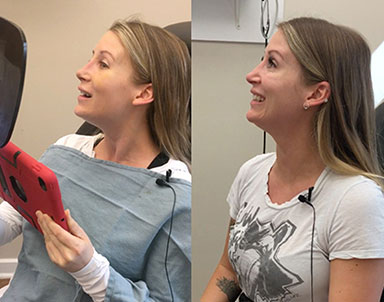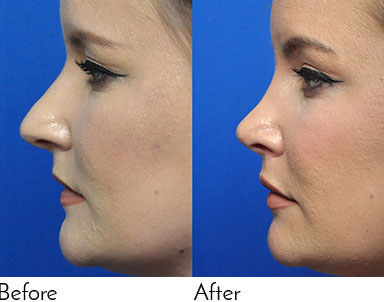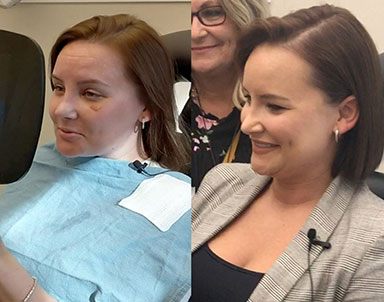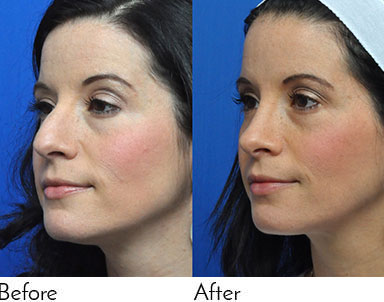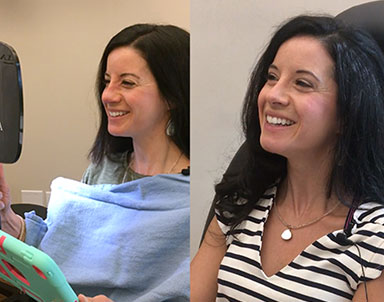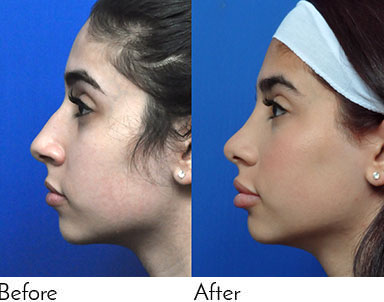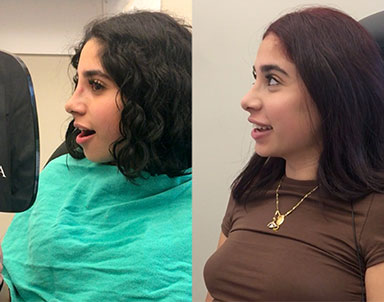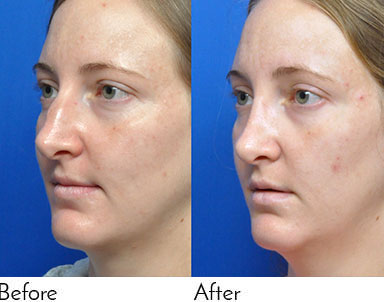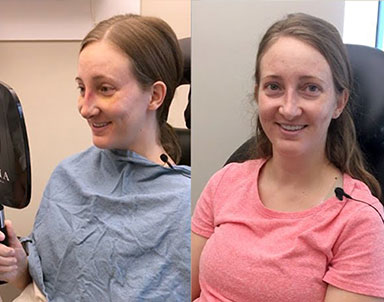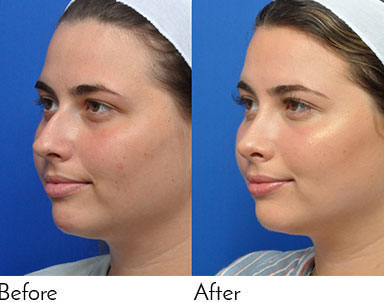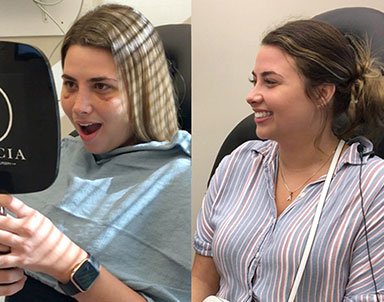It is extremely important to protect your skin from the harmful effects of the sun’s rays in order to reduce your risk of skin cancer. Conveniently located in Jacksonville, Garcia Facial Plastic Surgery, led by double board-certified facial plastic and reconstructive surgeon Dr. Phillip Garcia, offers these tips on how to protect your skin from the harmful effects of sunlight. It is especially important to protect children from harmful UV rays, as a child’s delicate skin is more sensitive to sun damage than that of an adult. This damage can increase the child’s risk of developing skin cancer later in life. You and your family can still enjoy the sunshine and the outdoors, however, care must be taken to protect skin from the sun.
What are Sun and Skin Damage?
Excessive exposure to sunlight is known to damage the skin. Some of this damage may be short-term; however, sunburns can lead to future problems, such as skin cancer caused by long-term skin damage.
What Causes Sun and Skin Damage?
There are two main types of ultraviolet (UV) rays that damage human skin: UVA and UVB rays. UVA rays penetrate deeper into the skin, damaging the middle layer or dermis, which contains the tissues that maintain skin elasticity. UVA rays are those that cause visible signs of aging, such as wrinkles. UVB rays are absorbed by the top layer of skin, or epidermis, which causes tanning and burning.
Exposure to both UVA and UVB rays increase your risk of developing skin cancer. A sunburn is your skin’s way of alerting you to the fact that you are increasing your risk. Skin cells damaged by UV rays are at an increased risk of mutating and becoming cancerous.
What is Melanin?
Melanin refers to the colored pigment in human skin. When skin is exposed to UV rays, more melanin is produced to help protect the skin against sun’s damage, causing the skin to get darker, or tan. Although increased melanin prevents your skin from burning as easily, it does not protect you from the harmful effects of UV rays.
What Causes Skin Cancer?
Most skin cancers are caused by excessive exposure to the UV rays, including both non-melanoma skin cancers, such as basal cell carcinomas and squamous cell carcinomas, and the melanoma types of skin cancer.
Damage from excessive sun exposure can also cause other skin problems, such as premature aging, wrinkles, and loss of elasticity and volume in the skin. Sun damage can also cause non-cancerous growths on the skin, such as solar keratoses, also known as actinic keratoses.
Who Is At Risk Of Skin Cancer?
People of all ages should protect their skin from overexposure to the sun, but it is especially vital to protect children. Although skin cancer in children occurs rarely, excessive sun exposure during childhood is believed to increase a person’s risk of developing skin cancer later in life. Children who have had repeated episodes of sunburn are more likely to develop skin cancers as adults. Because children’s delicate skin is more susceptible to sun damage, be sure to use a good sunscreen on children and keep young babies out of the sun completely.
People who have fair skin, red or blonde hair and freckles are those whose skin burns most easily. This puts these people at increased risk of UV-related skin damage, and these individuals should take extra precautions to protect their skin. Avoid sunburn at all costs! People with very fair skin do not have as much protective melanin as people with darker skin tones. Skin cancers, especially melanoma, occur less frequently in non-white skin types; however, they do still occur, and sun protection is important for everyone, no matter what shade or skin tone.
Other factors that can increase your risk of developing skin cancer are:
- A tendency toward developing moles
- A history of a skin cancer of any type
- A family history of skin cancer
- Albino skin, which has no melanin at all
- Vitiligo, which is characterized by patches of very white skin with no melanin
- Scars from previous burns or ulcers
- A weakened immune system due to an illness, such as HIV or AIDS, or from taking medication that affects the immune system
- A job that requires you to work outdoors during the day
- Living in a hot and sunny climate, particularly if you have fair skin
How Can I Protect Skin From The Sun?
Avoid the sun as much as possible when the sun is strong
Stay in the shade or wear protective garments if you must be outdoors between 11 a.m. and 3 p.m. in the summer months. Mid-day is when the sun’s rays are most damaging. Trees, umbrellas, and canopies can all be taken advantage of to provide good shade.
Cover up
Wear protective garments when you are outdoors in the sun:
- Wide-brimmed hats with a brim that is wide enough to effectively protect the face and neck, as these areas are most commonly affected by sun damage. Men are most likely to develop skin cancers on their necks, shoulders and backs, while women tend to develop skin cancers on their legs and arms. Baseball caps are not as effective as a wide-brimmed hat since they protect only the face but not the neck, jaw line, and ears. Young children should also wear hats with neck protectors.
- Loose baggy T-shirts or long-sleeved T-shirts and baggy shorts. Choose a material that is tightly woven to block out sunlight.
- Wrap-around sunglasses can help protect your eyes from sun damage. Choose sunglasses that conform to the European standard, indicated by the CE mark, or equivalent, and specifically labeled as protection against UV light.
Use a High-Factor Sunscreen Liberally
Always use sunscreen with at least a sun protection factor (SPF) of 15 or SPF 30 for children or people with very fair skin. SPF is a measure that denotes how much sun protection is afforded by a particular sunscreen product. The higher the SPF, the better the protection. Always check the label to make sure a product offers sufficient protection against UVB, which leads to sunburn and damage that can cause skin cancer.
A good sunscreen should have a high SPF and a high level of UVA protection. UVA rays can cause premature aging, as well as damage that can lead to skin cancer. Sunscreens with high UVA protection are marked with a high number of stars ranging from 0 to 5.
Be sure to protect areas that are exposed but are sometimes overlooked, such as the lips, ears, around the eyes, neck, scalp (particularly if you are bald or have thinning hair), the backs of the hands and the tops of the feet.
The use of sunscreen should not be considered an alternative to avoiding the sun or wearing protective garments. It must be used in addition to these protective measures, not to extend the time you are exposed to the sun. No sunscreen is 100 percent effective, and sunscreen products provide less protection than protective garments or staying in the shade. Ideally, sunscreen should be used as follows:
- Apply sunscreen 20 to 30 minutes before going out into the sun because it may take a while to be absorbed by the skin and become effective.
- Apply enough sunscreen to cover all areas of skin that will be exposed. For most people this amounts to about two teaspoons of sunscreen product for the head, neck and arms, and about two tablespoons per person to cover the entire body while wearing a swimming suit.
- Re-apply sunscreen frequently, at least every two hours, and always after swimming, toweling yourself dry or excessive sweating. Even products that are labeled waterproof become less effective when the skin is wet.
- Re-apply sunscreen on children even more frequently.
What is Vitamin D?
Vitamin D is essential for optimal health, and Vitamin D is produced by human skin through absorption of sunlight. In fact, sunlight is the main source of vitamin D, this vitamin is not found in most of the foods that we consume regularly.
In order to remain healthy and maintain optimal levels of Vitamin D, your body does need a certain amount of sun exposure. We do not recommend that you go to the extreme of avoiding the sun altogether and become deficient in vitamin D. The aim is to strike a healthy balance in which you can enjoy the sun sensibly, so as to produce the vitamin D that your body requires, while still protecting yourself against skin cancer.
Scientists estimate that to prevent vitamin D deficiency, humans require about two to three sun exposures weekly, lasting 20 to 30 minutes each, during the summer months. Each exposure should allow your arms and face to absorb sunlight. Short, frequent periods of sun exposure are much healthier than long periods of exposure. You should expose your skin to direct sunlight and not through a window. This type of sun exposure should not be confused with sunbathing, and sunburn should be avoided at all costs.
People with very fair skin are advised to avoid sunlight as much as possible to reduce the risk of skin cancer. For this reason, these individuals should also consider supplementing their intake of vitamin D. You will be able to discuss this with Dr. Garcia during your initial consultation to determine how much vitamin D you should be taking.
Enjoying an outdoor lifestyle can be healthy if you balance the good and bad effects of sun exposure and enjoy sun exposure safely. This means following all the recommendations named above. So go ahead and enjoy the sunshine when the sun is not too strong. Enjoy short periods in the sun, rather than spending a long time exposed to it, especially during the hotter months and at mid-day. If you must be outdoors during the middle of the day, use protection, such as sunscreen, protective garments, and shade. If you want a suntan, consider a sunless tanning cream.
Garcia Facial Plastic Surgery is the leading facial plastic surgery center on the First Coast. As a double board-certified facial plastic and reconstructive surgeon, specializing solely in cosmetic facial procedures, Dr. Phillip Garcia provides residents of Jacksonville, Ponte Vedra Beach, Orange Park, Lakeside and nearby areas with exceptional skills and results that last. For more information on skin cancer prevention or to schedule a consultation at our convenient location in Jacksonville (Town Center), please contact us today.






